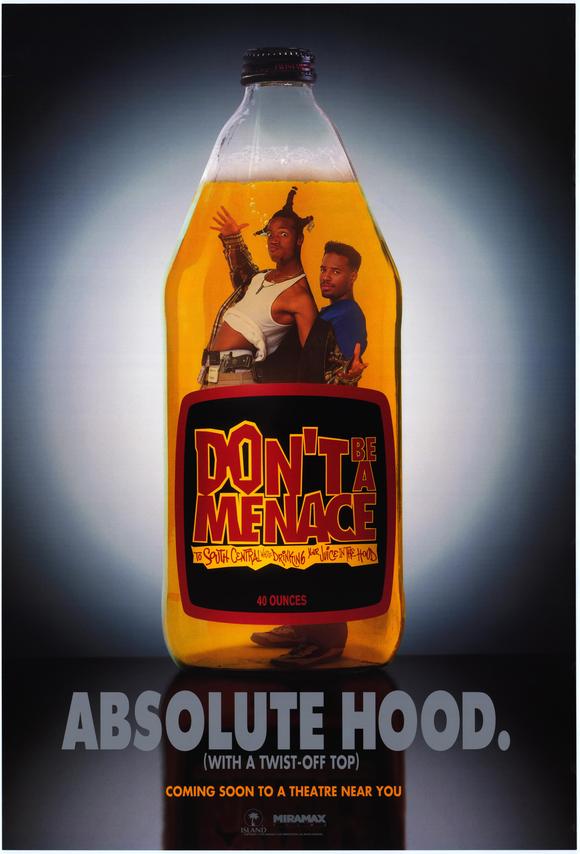
In 1991, Doughboy’s football-playing brother Ricky was shot and then brought into the home. In 2016, We’ve watched as a sickening number of Black lives are snuffed out at the hands of police officers.

In 1991, moviegoers watched Tré let a single tear fall as the officer pulled a gun on him. Take the clip of the film when Tré and Ricky are accosted by a violent police officer. So why was I drenched with sweat and my hands shaking so violently that I couldn’t drive away?Īt the end of Boyz n the Hood, Doughboy, played by Ice Cube, says that in America, people “don't know, don't show or don't care about what's going on in the 'hood…”ĭo people know now? Do people show now? Do people care about what’s going on in the ‘hood? Doughboy’s answer would probably be the same as it was in ’91. The officer was friendly and let me off without a ticket. I got pulled over recently for a broken taillight. I fear for myself, a 42-year-old writer who lives in a leafy suburb. (They told her because it was April 20, they thought she was smoking weed.) I fear for my 19-year-old daughter who was surrounded by police officers in the driveway of our home because she stayed in the car to finish listening to a podcast on NPR. I recently tackled her to the ground because she had a pink play gun from a birthday party. The only thing that’s changed is that I was wrong about escaping the fear shown in the film. So why haven’t things changed in 2016? Why was 12-year-old Tamir Rice shot in two seconds for playing with a fake gun in a playground by an officer who was cited for having a dangerous loss of composure in the police academy? Like Tré and Brandi, I was going to have a different life. I didn’t see danger for myself in the film. I still believe that “good” Black folks were safe. I still blamed gang bangers for bringing these conflicts on themselves. I still thought these were isolated incidents. And I then fully understood what was happening around the entire country for young Black men and women. But groups like NWA weren’t played much on New York radio stations and it was only the hardcore hip-hop fans who watched their videos.īoyz n the Hood hit me in my gut. Of course I knew about Compton and gang culture from NWA’s music. And I developed a more cynical view of the police.īut Boyz n the Hood still blew me away. I’d watched the news and heard the stories of dozens of instances of police brutality in the New York area since Eleanor Bumpurs. I also wondered: “What if the cops are SO careful that they don’t shoot the people that SHOULD be shot?”īy July 12, 1991, when I sat down to watch Boyz n the Hood with my college roommate on opening night, I knew better. I bet cops all over the world are gonna have to take classes so they can try not to shoot people they shouldn't shoot.”

My 11-year-old self thought: "Well, this will probably never happen again. For me and my sister, for themselves - and especially for my 14-year-old brother. I saw how my parents reacted - that thin-lipped nostril-flare with clenched teeth that grownups do when they don't want you to see how upset they are. Until then, in my mind, the police officers were always the good guys going after the bad guys. I was petrified when I watched the news with my parents.



 0 kommentar(er)
0 kommentar(er)
